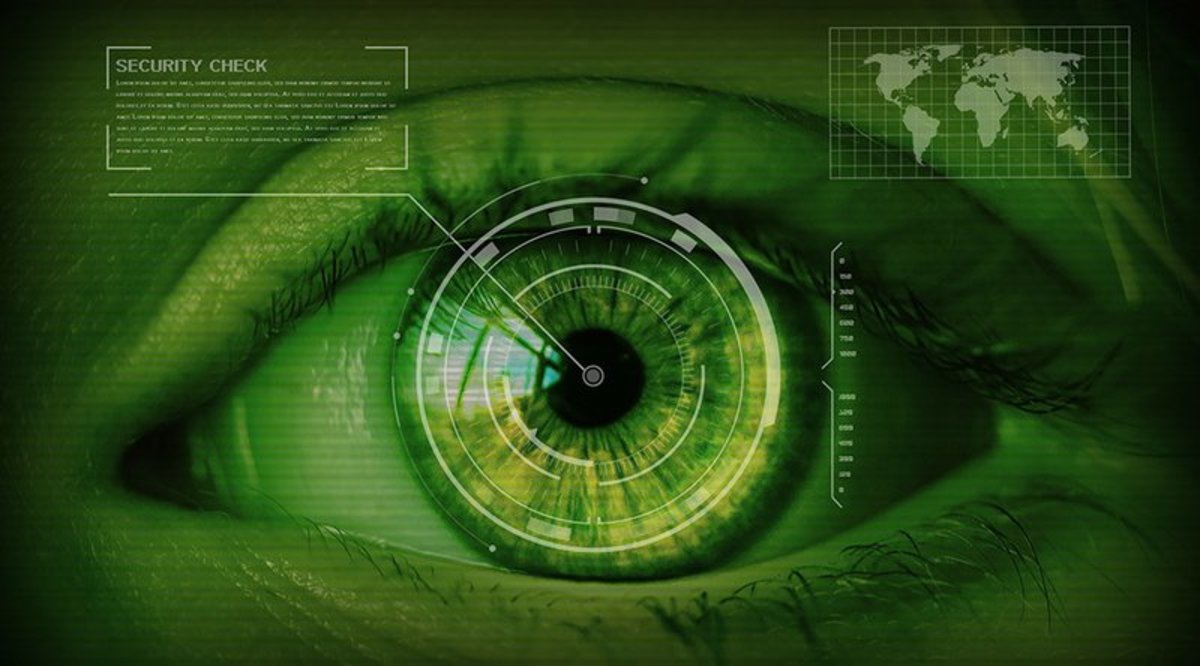
Although one may assume that the demand for privacy in Bitcoin and other blockchain-based systems is coming from crypto-anarchists and libertarians, the reality is that a huge push for concealing transactions on the blockchain is coming from the traditional financial industry.
During a recent cryptocurrency event at the Cato Institute, Zcash CEO and longtime cypherpunkZooko Wilcox-O’Hearn made the point that banks, clearinghouses, payment processors and everyone else he’s talked to in the financial industry are the ones who are asking for more privacy on the blockchain.
Financial Industry Willing to Help Bring Privacy to Blockchains
During a panel focused on financial privacy at the recent Cato event, Zooko made it clear that the vast majority of the push for enhanced privacy on the blockchain is coming from banks, but this was not a dismissal of the push for privacy coming from users. Zooko claimed that the increase in privacy solutions for blockchain technologies over the past six to 12 months is a reaction to the demand coming from various financial institutions.
“There is a lot of demand among users, but I don’t know how much they’re willing to stump up. Whereas the financial industry appears [ready to do so],” Zooko said.
Why Is the Financial Industry Demanding Privacy?
Zooko pointed to two main reasons that banks and other financial institutions need privacy for any blockchain they’re going to use:
- Banks are thinking about using blockchains to lower their costs, but they also understand that this technology could disrupt their industry. The idea of saving money is obviously attractive, but the disruptive properties of public ledgers are forcing financial services companies to pay close attention to the blockchain ecosystem.
- Financial institutions understand that the pervasive lack of privacy in shared ledgers is a roadblock for the use of blockchains in their industry.
In Zooko’s view, all of the use cases that make sense for the financial industry, such as trading and settlement, require flexible layers of privacy that allow specific individuals or organizations to have access to data related to each transaction.
“For both regulatory and business reasons, if you’re going to have a shared database of financial information, there is no use case that I’ve found yet where it’s OK for everyone who accesses the database to be able to read all of the financial information in the database.”
Removing Read-Access from the Blockchain
Zooko also noted that the true innovation of Bitcoin was the way it altered how read-and-write-access works for financial ledgers. He explained:
“Bitcoin was really innovative because it made write-access cryptographic instead of centralized ‒ that’s basically the most important thing about Bitcoin. At the same time, it made read-access ubiquitous ‒ everyone can read everything all the time. So this next step that we’re on the cusp of is making read-access cryptographic ... and that appears to be necessary for the applications of blockchains to all of these different [companies in the] financial industry.”
Zooko added that his own company’s Zerocash-based blockchain will allow the creator of a transaction to choose who else can see the details of that transaction on the public ledger. Confidential Transactions and Enigma were two other privacy-focused blockchain improvements mentioned by Zooko at the event.
Kyle Torpey is a freelance journalist who has been following Bitcoin since 2011. His work has been featured on VICE Motherboard, Business Insider, NASDAQ, RT’s Keiser Report and many other media outlets. You can follow @kyletorpeyon Twitter.










